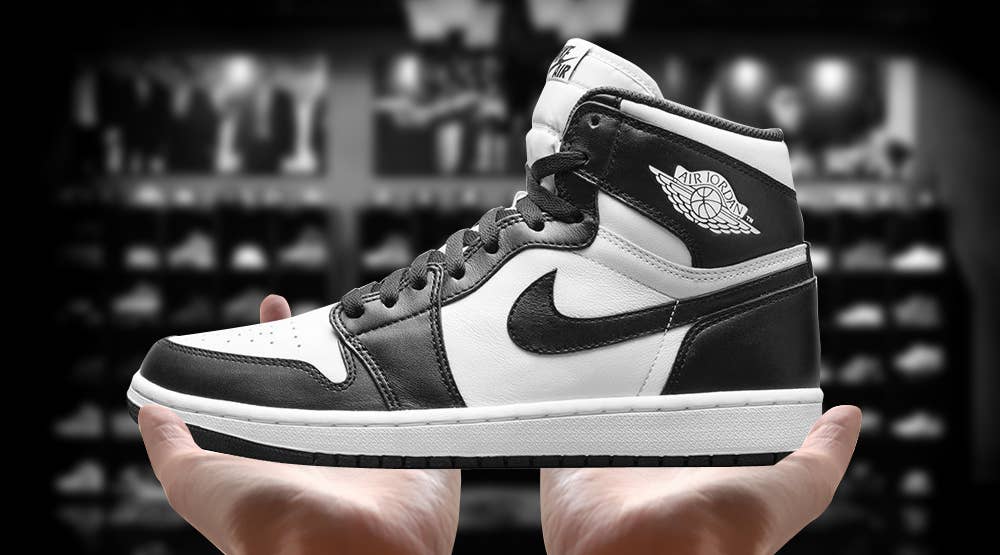1.
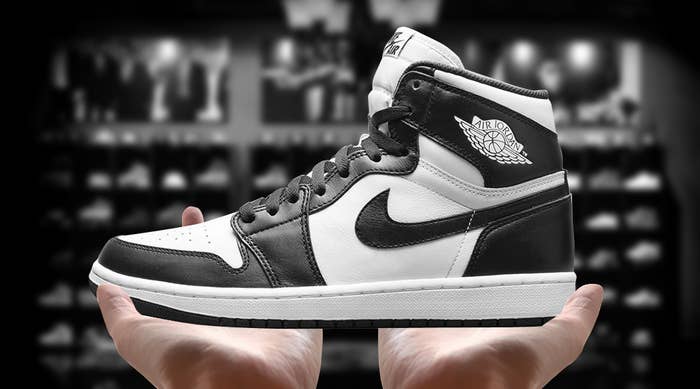
by Pete Forester
Giving back is never a crime. Let's start with that.
All donations, no matter their intention, are a wonderful thing. And as long as they don't perpetuate an apparatus of institutional need, they should be lauded and encouraged. But when it comes to helping the most amount of people possible in the most efficient way possible: you have to stop giving your sneakers away.
Famous, and semi-famous people, love to talk about giving back. That they're so #blessed that they want to spread it around. And this is a beautiful thing; respectable and generous. But giving a homeless person a pair of like-new Jays is a terrible way to do it. It’s a really great way to get a handful of articles on sneaker blogs and some very, very kind Instagram comments, but it makes the least amount of impact possible.
2.
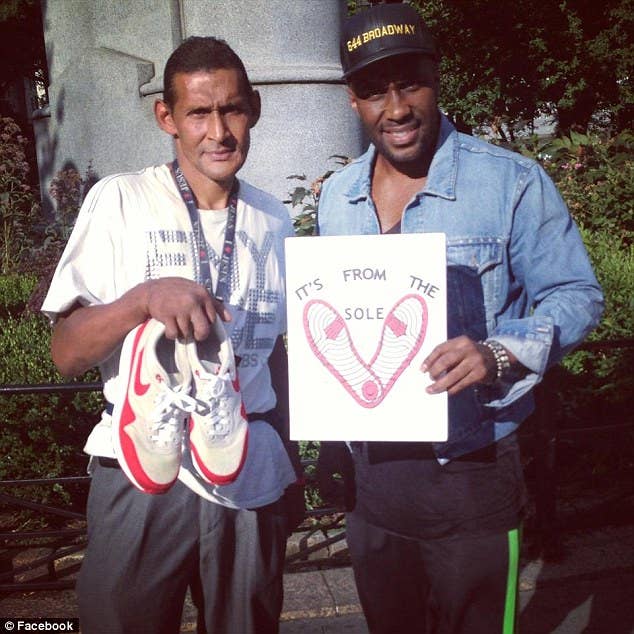
New shoes really do change lives. This is something I didn’t understand until I went to Haiti in January of 2013. That country was ravaged by an earthquake more than five years ago and they’re still digging their lives out of the rubble. There are shoeless all over the country, and it impacts each generation in different ways. Kids can’t attend school without the right shoes, which means they miss meals, supervision, and education. Adults risk injury and disease just walking from where they live to get food or water. A sturdy pair of shoes can fix all these issues. It sounds glib, or even unbelievable, but I’ve met the people whose trajectories have been changed from a single pair of shoes. And through organizations like Soles4Souls, each pair of those shoes costs $1 to provide to them. One dollar. Literally every dollar in your pocket, even the change scattered on your desk, represents a different future for someone in this world. Each pair of shoes is a ball of potential. Each pair given away represents one person whose life can be changed, but if the giver recalibrates their thinking they could impact hundreds.
Imagine one of these generous figures who gets seeded pairs of all the latest releases. They wear the sneakers once or twice and then decide to give them away. They post a video on Instagram or YouTube of finding a very deserving recipient and all goes well. It’s awesome. But they could take another path. They post the shoes for sale at retail, or current market price, or even offer an auction, and then donate that money to an organization that can turn those dollars into a deeper impact. Now, instead of one person being blessed, dozens are. And it only took an extra step.
3.
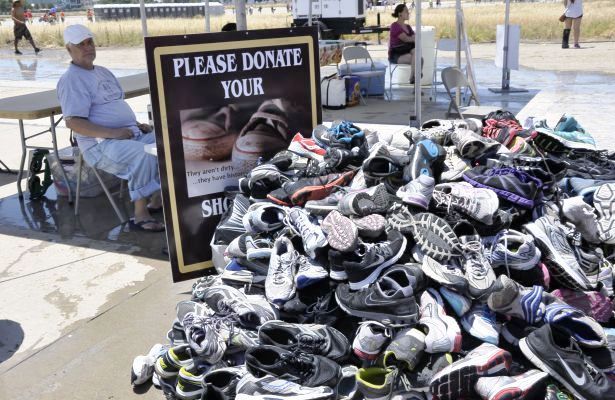
Every non-profit is graded based on their overhead costs and how much of the money they receive in donation goes to the people that they are supposed to be supporting (Charity Navigator crunches the numbers and shows us that Susan G Komen works at 82.8% efficiency, HRC 77.5%, and S4S 95.7%).
So, why don’t we hold ourselves to the same standards? Why don’t we figure out how to maximize our impact? If we really want to do good, why don’t we do the most good we can do?
At my high school we had a motto, “Do good well.” That is, figure out how to do the most good, maximize your positive impact. Approach your impact like a cause to be studied, and discover how you can do your good well.
The only counter argument to this way of aid is about pride. Don’t these folks deserve dope sneakers that will help them in their lives, literally helping them get on their feet? Of course, but sneakers whose value is being tracked on Campless aren’t where we should start. Do you think that these more affordable pairs aren’t dope enough? That’s totally fine. You can get your new friends crisp pairs of Air Force Ones. Want to stay brand loyal? Every week different stores put pairs of Jordans on sale, emptying out their stockrooms for next week’s release.
Giving can be about many things, but we should value the impact to the receiver over the ego of the giver. Sell the hot release you were going to give away, buy a dope pair of less expensive shoes for your new friend, and donate the rest. You’re still going to help out dozens more than just the one.
4.
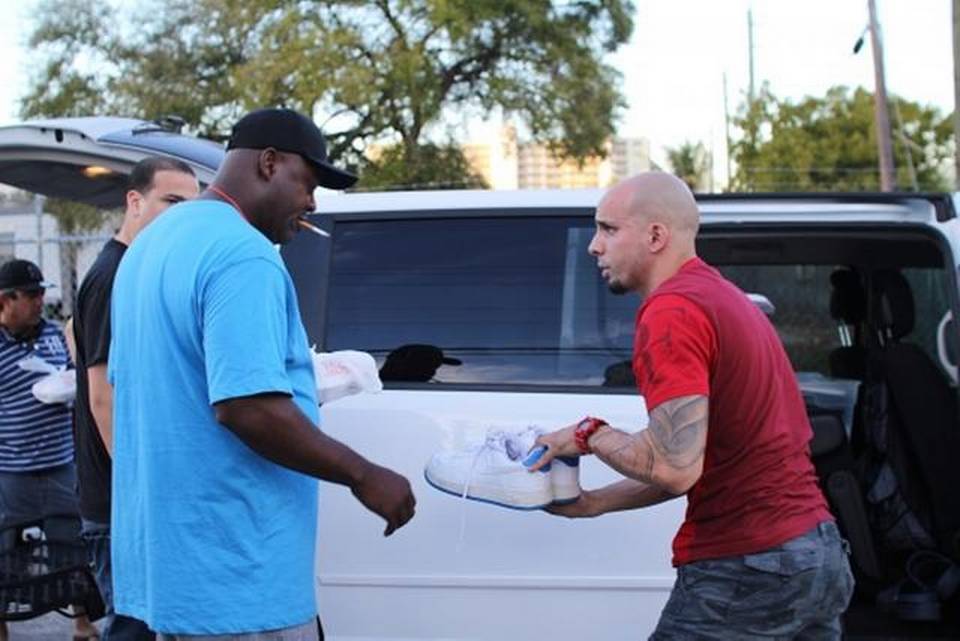
It can easily be argued that there is no such thing as a selfless act. We donate to charity because it makes us feel good. It either shapes our own self-image as a generous, thoughtful, or worldly person. And how we provide that aid shifts that image. If we give a lot, we may feel better. If we give something that is valuable to us, we may feel selfless. But if we are going to really help others, we must place who we are helping over our own selfish desires. It may make us feel good to give away the newest pair of Jordan Vs, but it’s not going to help someone who is living on the street to give them something that may cause a fight, and certainly won’t offer them the sorely needed physical support that a better made shoe could offer someone who doesn’t have a bed to lay down in.
We in the sneaker community are good at a few things: we know what’s hot, we know what to wear and how to wear it, and we know how to bring that passion to social media. What we haven’t quite figured out is how to turn our consumer centric hobby on its head and use it as a force for good. But others have. Non-profits exist in almost every community that will accept sneaker and shoes and distribute them to those in need. They’re all happy to jump on the phone to help you impact the most amount of people. Many of these organizations can even help you find new homes for your sneakers that are no where near DS, using them for micro-enterprises, creating jobs and reshaping communities. That’s not something you can do with an Instagram giveaway.
If you want to get some social media attention, giving a way a pair of crispy kicks is a great way to do it. But if you want to really impact lives, really do good well: stop giving your shoes away. We can think about this in a new way. We can think bigger. Take a second, invest your time, and you can help change the lives of dozens of people with just one pair.
Pete Forester is a writer in New York City. You can follow him on Twitter here.

